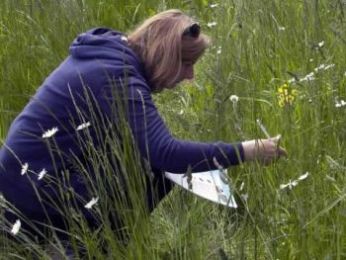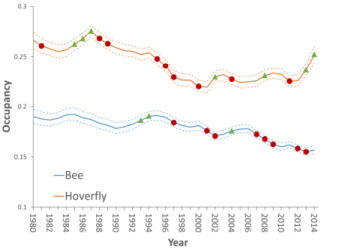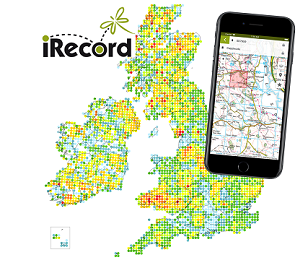The BRC is supported by the Joint Nature Conservation Committee (JNCC) and the UK Centre for Ecology & Hydrology (UKCEH), a not-for-profit research institute which receives support from Natural Environment Research Council (NERC) as part of the NC for UK Challenges programme delivering National Capability. The work of BRC is a major component of the National Biodiversity Network (NBN).
News from the Biological Records Centre
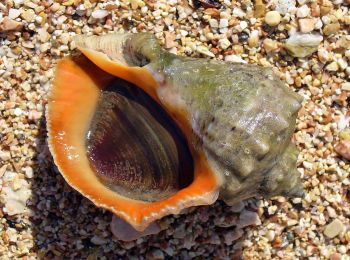
Compiling information on non-native species in Britain
The Defra-funded GB Non-Native Species Information Portal (GBNNSIP) was initiated in 2008 and, with the assistance of many species experts, has been…
By Diana Bowler, UKCEH
With growing evidence of declines in insect numbers, it is more important than ever to develop and improve data flows on species observations. As part of a project funded by the Joint Nature Conservation Committee, we wanted to…
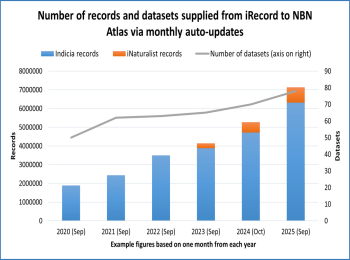
The National Biodiversity Network (NBN) Atlas is the UK’s largest repository of publicly available biodiversity data. The Atlas enables wildlife records to be shared in a controlled way with the many organisations and individuals who may wish…
What we do
Working in partnership with more than 100 recording schemes and societies, BRC provides a national capability to support and encourage biological recording for a wide range of plant and animal groups, improving how data is collected, made available and used.
BRC helps the recording community to publish atlases, data and other online resources to provide essential information which informs research, policy and the conservation of our heritage of wildlife. As part of this work we provide website hosting and development support.
We apply innovative use of technology and science excellence to help harness the enthusiasm and knowledge of naturalists, and enable them to collate and analyse their records.
Many UKCEH staff contribute towards the work of BRC; they are listed on our staff page.
Why we do it
The historical legacy of biological recording in Britain and Ireland is unique and inspiring. Many naturalists are committed to studying our flora and fauna, and BRC’s work helps to ensure that we make the most of their observations. The vast datasets built up through the expertise and commitment of the volunteer recording community enables a range of ecological questions to be addressed.
The value of recording data is enhanced through innovative use of technology and analytical methods, plus integration with other data sources on the ecology of species and the physical environment.
Distribution trends derived from the large-scale and long-term datasets provide evidence for many purposes, particularly in relation to understanding impacts of climate and habitat change, to informing policy to reduce negative impacts.










